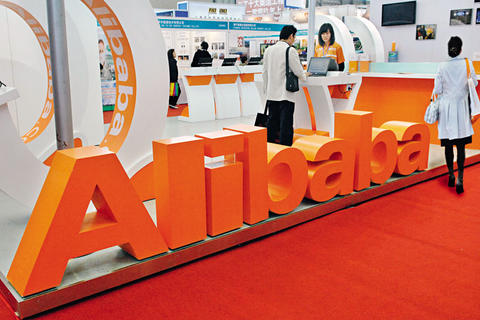In today's podcast, Alibaba meets with county governments as e-commerce integrates itself deeper into the Chinese economy.
在今天的播报中,电商阿里巴巴为了更加渗透中国经济,邀请了县级政府领导参加峰会。
As the company prepares for an IPO in New York that could be one of the largest in history, Alibaba Group drew hundreds of local government leaders to its Hangzhou headquarters to discuss how e-commerce can help their economies. While recent conferences involving manufacturers and purchasing agents are typical for a company like Alibaba, this latest meeting is perhaps more surprising.
目前,阿里巴巴正在准备在纽约上市,这也可能成为历史上规模最大的一次上市。阿里巴巴集团召集了上百名政府领导来到杭州总部探讨电商如何促进当地经济发展问题。近期峰会有制造商和采购商参加,而他们对像阿里巴巴这样的企业尤为特别。最新一次会议有可能有更多惊喜。

What it means, though, is that e-commerce has begun to establish footholds in even the most old-fashioned parts of the real economy—and that governments are beginning to notice. According to participants in the summit, sales of agricultural products on Alibaba's Taobao platform have begun to shift from individual businesses to government-regulated bulk commodity trading. And as the industrialized east provides a shrinking fraction of the company's sales volume, the markets left for Alibaba to conquer may be precisely the ones that decades of reform have left behind.
这就意味着,电商已经开始在实体经济最为传统的地方扎根,政府已经注意到了这一点。据峰会参与者说,在阿里巴巴淘宝平台上所销售的农产品已经开始从个体农户为单位发展的模式向政府引导和牵头的大宗商品贸易转变。由于东部工业化在阿里巴巴销售份额中的分量逐渐减少,阿里巴巴能够掌控的市场或许就是十几年改革中所落下的。
For Caixin Online, this is James Bradbury.
这是詹姆斯·布拉德伯里为您带来的财新新闻报道。
译文属可可英语原创,未经允许,不得转载。











